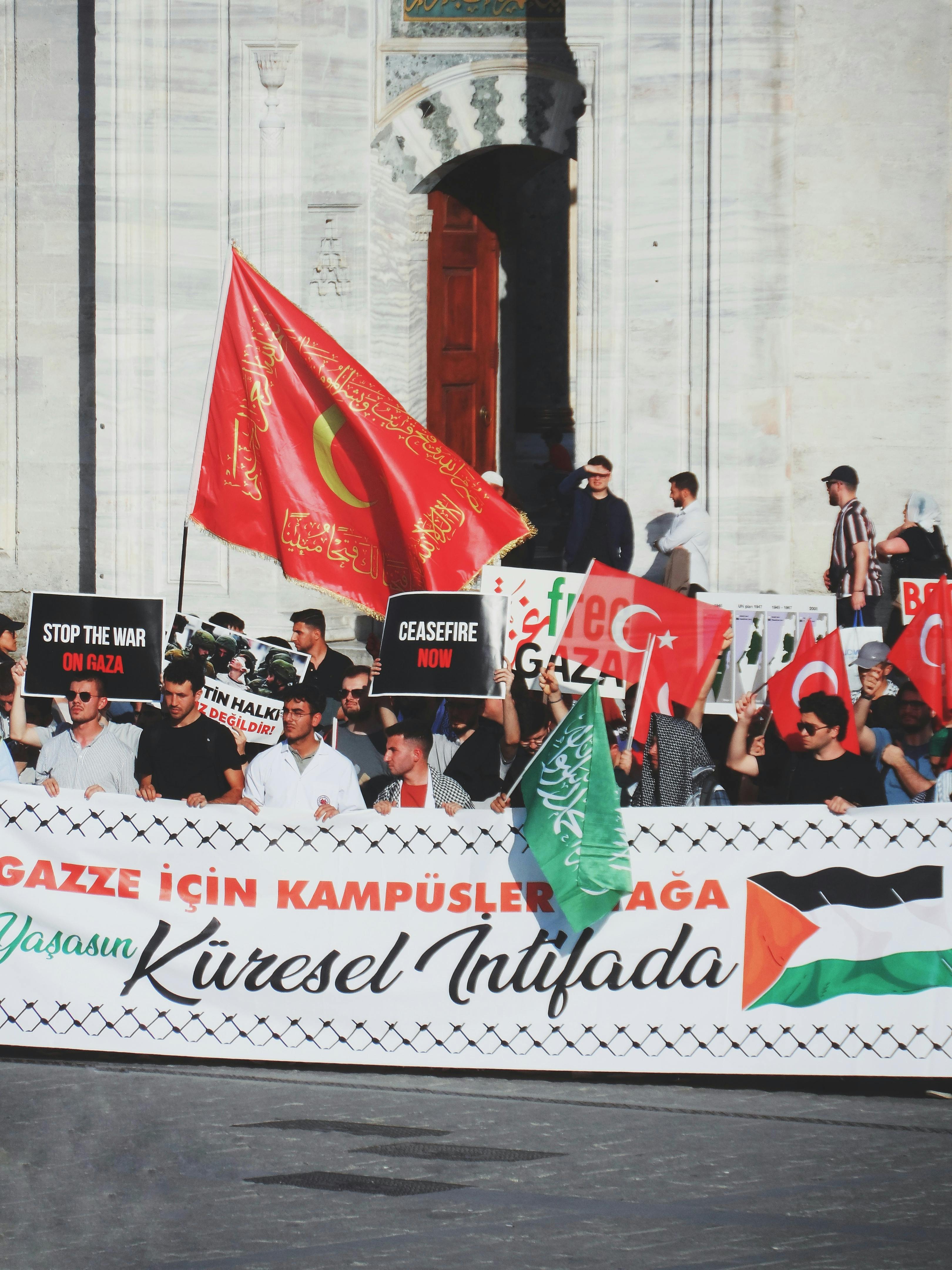Israel Pushes For Temporary Ceasefire Extension But Rejects End-of-War Talks

Israel is seeking an extension of the current ceasefire with Hamas but remains firm in its refusal to engage in broader negotiations to end the war in Gaza. The temporary truce, brokered with international mediation, has provided short-term relief through hostage exchanges and humanitarian aid. However, Israel’s unwillingness to discuss a long-term resolution raises questions about the sustainability of this ceasefire and the future of the conflict.
The Current Ceasefire Agreement
The ceasefire agreement, which began as a short-term pause in hostilities, was primarily designed to facilitate the exchange of hostages held by Hamas for Palestinian prisoners in Israeli custody. Additionally, it allowed for the entry of humanitarian aid into Gaza, where the situation remains dire due to the prolonged conflict. The first phase of the deal is set to expire soon, prompting discussions about an extension. While Israel appears open to prolonging the truce, its leadership has been clear that this does not indicate a shift toward ending the war.
Israel’s Stance: Ceasefire But No War-Ending Talks
Israeli officials have emphasized that their objective remains the dismantling of Hamas’s military and political infrastructure. While they are willing to extend the ceasefire to facilitate further hostage releases, they view a permanent halt to military operations as premature.
Several factors contribute to this position:
- Military Strategy: Israel’s leadership, including Prime Minister Benjamin Netanyahu, argues that Hamas still poses a significant threat and must be neutralized. They see continued military action as necessary to prevent future attacks.
- Domestic Political Pressures: Hardline factions within Israel oppose any settlement that leaves Hamas intact. Netanyahu’s government, already facing criticism from different political sides, risks losing support if it appears to be conceding too much.
- Security Considerations: Israeli officials fear that Hamas would use a prolonged ceasefire to regroup and rearm, making future conflicts even deadlier.
Hamas and Regional Reactions
While Hamas has participated in ceasefire negotiations, its leadership insists that any extension should lead to a broader resolution that includes a permanent end to hostilities and the withdrawal of Israeli forces from Gaza.
Regional players, including Egypt and Qatar, who have acted as intermediaries, are pushing for an extended truce. However, Israel’s rejection of long-term peace talks complicates their efforts. Iran, a key backer of Hamas, has warned against any arrangement that does not lead to a complete halt in military operations, while Saudi Arabia and other Gulf states remain cautiously engaged in diplomatic discussions.
International Pressure and Diplomatic Challenges
The United States, European allies, and the United Nations have all called for an extended ceasefire and, ultimately, a negotiated settlement to prevent further humanitarian suffering. The Biden administration has been urging Israel to consider a broader diplomatic solution, balancing its support for Israel’s security with concerns about civilian casualties and regional stability.
Humanitarian organizations warn that without a long-term ceasefire, the brief relief provided by the current pause will be meaningless. The risk of renewed hostilities could lead to an even worse humanitarian crisis, putting additional pressure on Israel to justify its military objectives.
Potential Outcomes and Next Steps
The future of the conflict depends on how both sides navigate the coming days.
- If the ceasefire is extended: There may be room for further negotiations on humanitarian aid, prisoner exchanges, and de-escalation. However, without a clear roadmap to end the war, any truce remains fragile.
- If Israel resumes military operations: This could lead to an intensification of the conflict, worsening conditions in Gaza and drawing further international criticism. Hamas may also escalate its attacks, leading to a prolonged cycle of violence.
- Long-term implications: The longer the war continues without a diplomatic solution, the greater the risks for both Israel and Hamas. Regional instability could increase, and Israel may face growing international isolation if the humanitarian toll worsens.
Conclusion
Israel’s attempt to extend the ceasefire while avoiding discussions on ending the war reflects a broader strategy of military dominance over negotiated settlements. While this approach aligns with its security concerns, it leaves little room for a sustainable resolution. As pressure mounts from international allies and regional actors, the key question remains: Can Israel continue to justify a strategy of indefinite military engagement without a long-term path to peace?
Author: Brett Hurll
The Self-Destructive Nature Of Anti-Tourism Protests: Balancing Resident Concerns With Tourism Benefits
In recent years, anti-tourism protests have become increasingly common across popular tourist destinations. From the Bal... Read more
Military And Strategic Implications Of The Ukrainian Drone Attack In Kursk
On a recent morning, the Kursk region in south-western Russia witnessed an unexpected and significant event: a Ukrainian... Read more
Chinese Tech Stocks Gain Ground Despite Wall Street Technology Sell-Off
Chinese tech shares in Hong Kong gained on Friday, defying a technology stock sell-off on Wall Street, driven by strong ... Read more
Defense Pact Between Britain And Germany: A Focus On Cybersecurity And Joint Operations
In a move set to redefine European defense collaboration, Britain and Germany have signed a comprehensive defense pact a... Read more
US Secret Service Director Steps Down After Trump Assassination Attempt
Security lapses admitted by Kimberly Cheatle prompt resignation.Kimberly Cheatle, the head of the US Secret Service, has... Read more
Kamala Harris Promises A Brighter Future In Official Campaign Launch
In a vibrant and impassioned campaign launch, Vice President Kamala Harris vowed to lead America toward a "brighter futu... Read more

